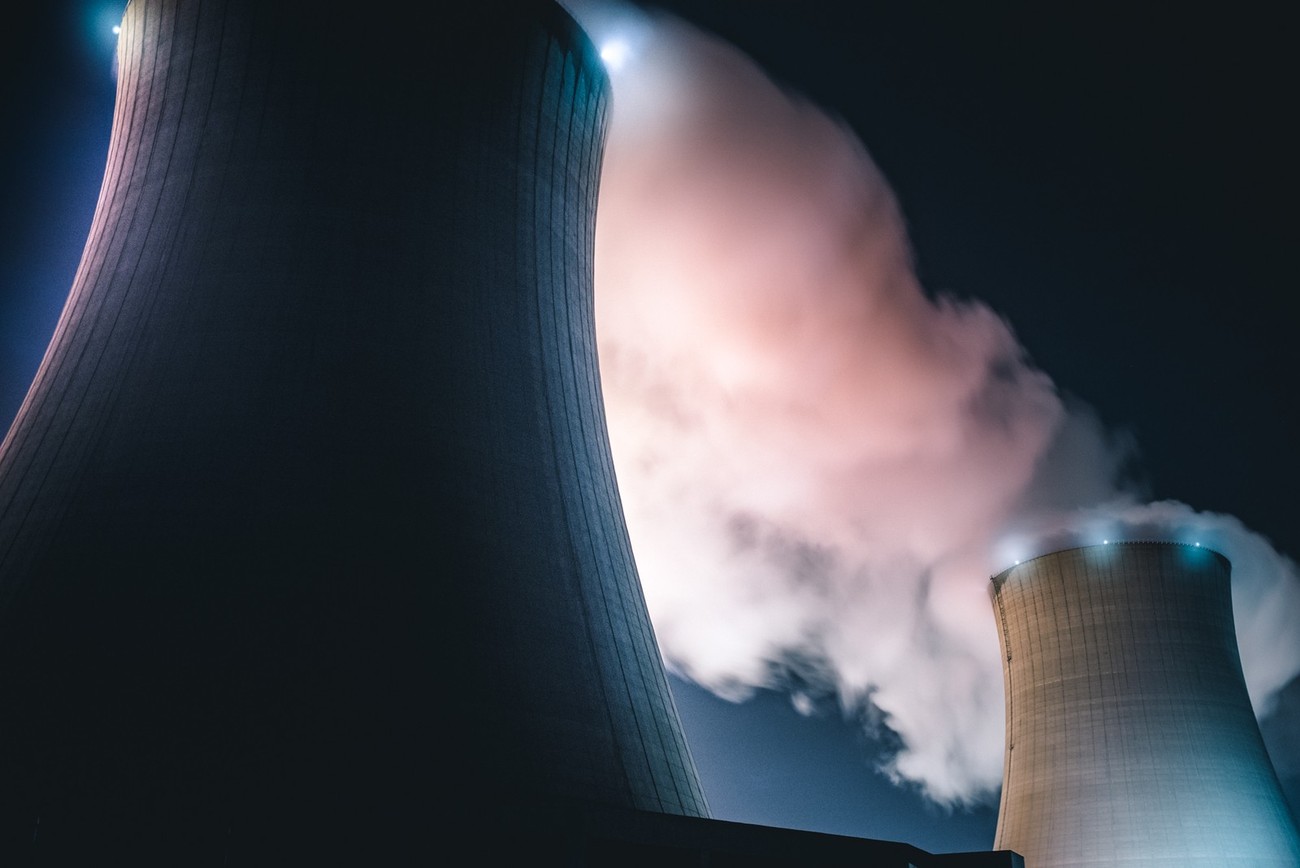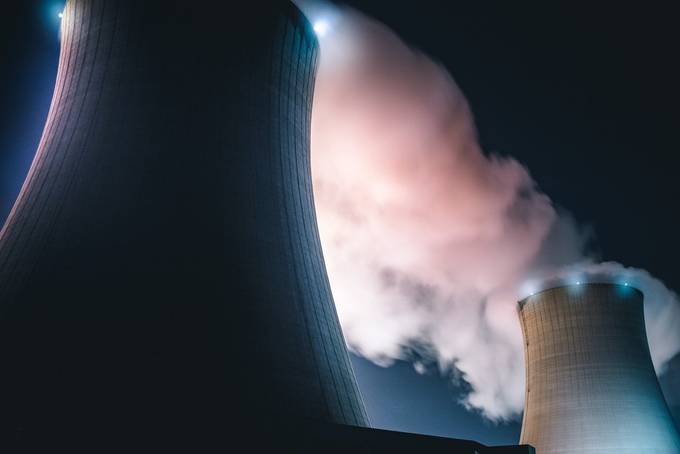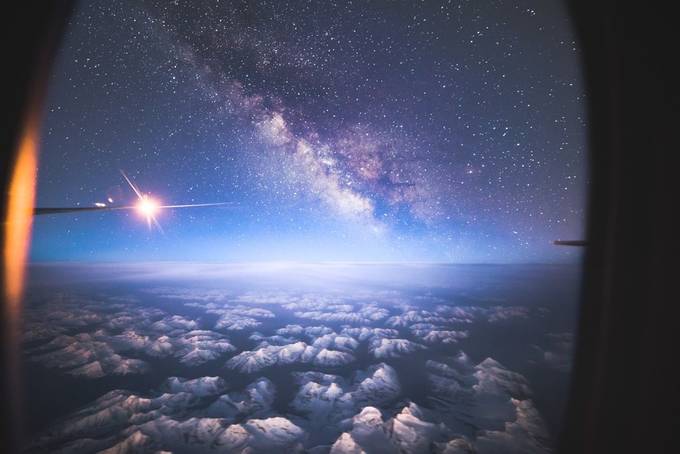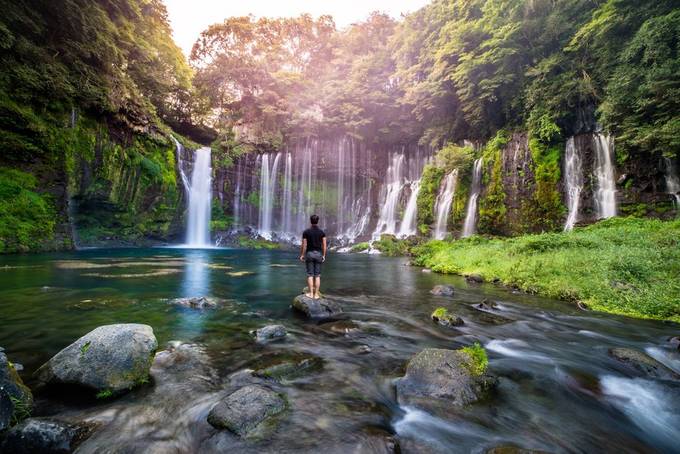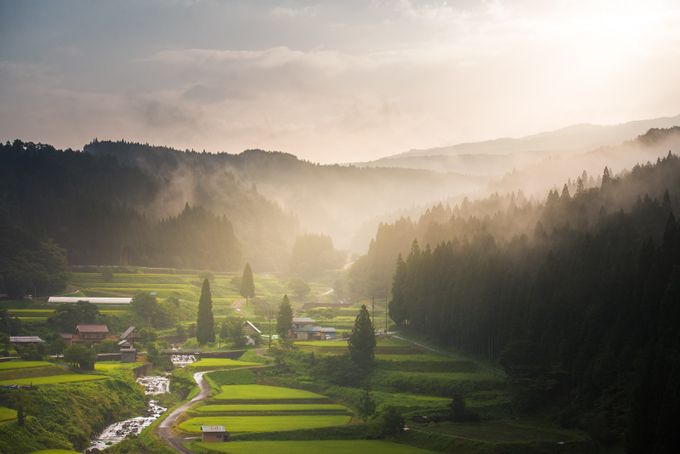ViewBug community member MatthewKou is a photographer for Imagineering Studios, Inc. in Arlington Heights. Matthew is a PRO member and has been on ViewBug since 2016 and has receive over 8K awards. We invited him to be featured in the blog, hope you like our conversation.
What inspired you to be a photographer?
Art has always run in my family, but my father was the photographer. Documenting family history, his adventures, and passions from an early age. I guess you can say it was naturally passed down to me.
What was your first camera and what do you shoot with today?
My first camera was, like many in my generation, a disposable camera. I got it for a school field trip across country to Washington D.C. Still have the images developed from that trip. I now shoot primarily with a Nikon D800 and D600. Looking to upgrade soon, before my next big adventure.
When someone looks at your photos, what do you want them to take away from it, what are you trying to communicate?
When I experience something in nature, or in a moment, and I try to capture it through the lens, I don’t want the viewer to just see what was there, I want the viewer to see what I saw. What my mind saw. What I felt. And all the emotions that go along with that.
What is it that you love about photography?
Like any art, photography can be used in so many ways. I can be used purely as a medium for art, but can be used to tell a story. To admonish. To inspire. To call to action. It can be used to instantly document and freeze a moment of time in history for future generations to enjoy or learn from. And now, with the digital age, photography has become accessible to so many more people. And I can honestly say that with the help of technology, I have been able to meet and collaborate with some amazing people around the world.
What has photography done for you?
Photography has been my medium of choice to express my emotions, my thoughts, and pieces of my personality. I write things down, too, but to pair that with an image that visually communicates and enhances my thoughts, makes it a lot easier to express them. Photography has changed the way I view the world around me. You start noticing patterns, equations, colors, angles, expressions, little moments. You begin to view the entire world, and life in general, as one big masterpiece.
Do you try to be conceptual or do you prefer to show the feeling behind a photo?
I try to show the feeling and emotion behind a photo. That doesn’t mean that my photos will not have any conceptual elements, but for me, it’s more about taking what is naturally there, and then conveying that to the viewer.
How do you describe your style?
Evolving. When I first started photography, I would say that my style was more realism, but I found that just like life, photography style is an organic thing, that is constantly growing and progressing with the photographer. However, I will say this.
If you had to choose one lens which one would it be and why?
That’s a tough on, but if I were to pick one lens as my go-to, grab-n-go lens that I might be stuck with the rest of my life, I would have to say my 35mm prime. It’s wide enough to get some great landscape and environment shots, but tight enough for me to get some nice portraiture and close-ups.
What are your 3 tips for others who want to become photographers?
1. Ask questions. Look for inspiration in other photographers and ask yourself, and them, how they did it. Depending on what kind of photography you would like to do, there are a lot of good resources (people) out there in each area that are more than happy to help you take the next step.
2. Don’t be afraid to experiment and fail. Photography should be a lifelong passion that you are constantly honing and tuning. Yes, people can point you in the right direction, but it is up to you to find your voice in your artwork. It takes time, and sometimes there will be failed attempts, but keep on it. And if you find yourself stuck, go back to step 1.
3. Put yourself out there. Show your work to anyone and everyone you can. You will get praised and you will get critiqued. Be sure to take both humbly. Also, just like you looked for inspiration in more experienced photographers, there are others doing the same that may find inspiration in yours.
Have you received negative feedback from your work? What did you do about it?
Yes, actually. It was about my technique and technical aspects of some of my images, my astrophotography in particular, and how they said it was impossible for me to have captured what I did without compositing. I just listed for them my entire setup, my camera settings, and all the environmental conditions that I was dealing with. I let them know that I have experimented with this type of photography extensively in many conditions, and encouraged them to do the same, and to ask me if they run into some of the same issues I have and if they need any pointers.
Where did you learn to take photos?
Although my father was a big photographer, he was never formally trained. Neither was I. I learned a lot by experimentation on my own, learning from other photographers, and asking questions. If there was something that I wanted to achieve in my photography, I asked someone that as already done it. From there, I push myself to try to take it a step further.
Raw vs jpg and why?
Definitely RAW. You have so much more flexibility in post-processing, and you don’t have the nasty jpg compression artifacts that will show up everywhere from web to print. I once took a trip to China, and this was when I first started photographing digital. I made the mistake of shooting straight jpg to conserve hard drive space. Something I regret to this day. With storage and processing power becoming much more affordable, there’s no excuse to not shoot RAW.
What do you carry in your camera bag?
My full rig would usually consist of this:
1-2 DSLRs (w/batteries and memory cards)
Lenses (70-200mm, 50mm, 35mm, 20mm, 14mm, 150-600mm for special occasions)
Filter kit
Laptop w/external HD
Tripod w/ballhead joint
Intervalometer
Lens cleaning kit
Notebook
Headlight
Portable power pack
All the chargers and all the cords
From there, I’ll usually pack a smaller day pack that I can scale all that equipment down.
If you could have the gift of a great photographer who would it be and why?
I know he’s a contemporary, but one photographer that I am constantly drawing inspiration from is Daniel Kordan. His ability to not just capture what was there, but to turn it into a piece of art. Each of his images solicit an immediate emotional response from this viewers, and look like exactly how you would remember a place if you had been there.
What is the most common mistake you see people making when shooting these days?
Lack of patience. With the fast-paced technology lifestyle, are so used to instant gratification, and if it requires too much effort and time, they lose patience with their own work and efforts, and give up too quickly. All of this takes time. Like I said, photography should be a lifelong passion.
What is your dream location to shoot?
Somewhere in Scandinavia (Norway, Sweden, Finland, Iceland, etc.) during Northern Lights season.
How do you decide on where to shoot a photo?
I do like to plan ahead - research, find a location, check weather conditions, etc. But a lot of times, I will just “wing it.” Also, I love to explore places I have never been, so no matter how much planning and research you do, you’re always going to find something you didn’t expect. And that’s not always a bad thing.
What is next for you? Any planned adventures with your camera?
I’m heading to Europe this year (2019) for the first time. Ireland, England, and France. Super excited to explore and get some images!
What is your goal with your photography?
To better myself not only as a photographer, but as a person. To connect with those that share the same passion for photography or those that just enjoy viewing art. Being able to share what I have experienced and to see others be inspired to create art for themselves, or to be impacted in a positive way, is what I hope my work will continue to do.


